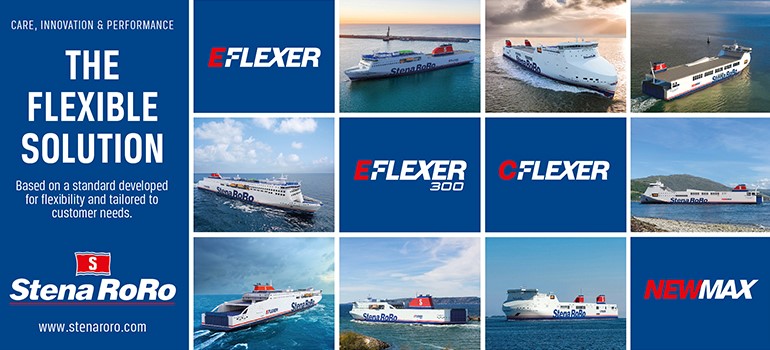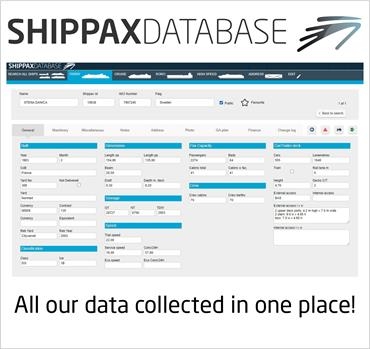The European Commission approves EUR 570 million Italian State aid scheme for port shore power solutions
The European Commission has approved, under EU State aid rules, a EUR 570 million Italian scheme to incentivise ships to use shore-side electricity when they are at berth in maritime ports. The measure contributes to reducing greenhouse gas emissions, air pollution and noise in line with the objectives of the European Green Deal.
The Italian measure
Italy notified the Commission of its plans to adopt a EUR 570 million scheme to incentivise ships operators to connect to shore-side electricity infrastructure when at berth in maritime ports in order to power onboard services, systems and equipment. The scheme will run until 31 December 2033.
Under the scheme, the aid takes the form of a reduction of up to 100% of the so-called ‘general system charges'. Those charges are included in the electricity price and aimed at financing certain public policy objectives, including renewable energy. The reduction will result in a lower electricity price for ship operators when purchasing shore-side electricity and will bring the cost of electricity at a competitive level with the cost of producing electricity on-board through fossil-fuelled engines. By lowering the cost of shore-side electricity for ships, the measure will incentivise ship operators to opt for the more environmentally friendly electricity supply, thereby avoiding significant greenhouse gas emissions, air pollutants and noise emissions.
Initially, the reduction will cover 100% of the general system charges. Italy committed to set up an annual monitoring mechanism to verify the difference between the actual costs of purchasing shore-side electricity and the actual costs of self-generating electricity using fossil fuels onboard and will adjust the level of the aid accordingly.
The Commission's assessment
The Commission found that:
- The scheme is necessary and appropriate to incentivise the use of shore-side electricity, thereby reducing greenhouse gas emissions and increasing the level of environmental protection.
- The scheme has an “incentive effect”, as the beneficiaries would not use shore-side electricity without public support.
- The scheme has a limited impact on competition and trade within the EU. In particular, the aid is proportionate and any negative effect on competition and trade in the EU will be limited in view of the design of the measure, which applies to all interested companies. Moreover, Italy committed to set up an annual monitoring mechanism which will ensure that the aid remains necessary and proportionate throughout its duration, taking into account price and market developments.
On this basis, the Commission approved the Italian measure under EU State aid rules.
Background
The Commission's 2022 CEEAG provide guidance on how the Commission assesses the compatibility of environmental protection, including climate protection, and energy aid measures which are subject to the notification requirement under Article 107(3)(c) TFEU.
The Guidelines create a flexible, fit-for-purpose enabling framework to help Member States provide the necessary support to reach the Green Deal objectives in a targeted and cost-effective manner. The rules involve an alignment with the important EU's objectives and targets set out in the European Green Deal and with other recent regulatory changes in the energy and environmental areas and will cater for the increased importance of climate protection.
With the European Green Deal Communication in 2019, the Commission set an objective of net zero emissions of greenhouse gases in 2050 that is enshrined in the European Climate Law. In force since July 2021, the law also introduced the intermediate target of reducing net greenhouse gas emissions by at least 55% by 2030. Through the adoption of the ‘Fit for 55' legislative proposals, the EU has in place legally binding climate targets covering all key sectors in the economy.
On 13 September 2023, the European Parliament and the Council adopted the FuelEU Maritime Regulation setting up a common EU regulatory framework to increase the share of renewable and low-carbon fuels in the fuel mix of international maritime transport, as well as the Alternative Fuel Infrastructure Regulation, aiming at ensuring the availability of a dense and widespread network of alternative fuels infrastructure across the Union, including onshore power supply infrastructure at EU ports.
Jun 20 2024


















